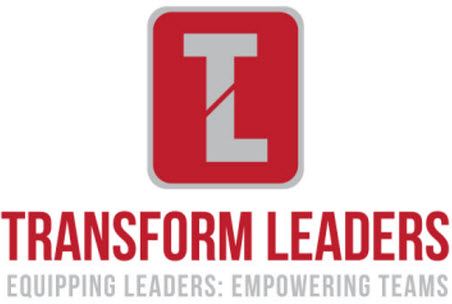The third trap is to wait until you are certain your decisions are correct.  Leaders don’t hold people accountable because they haven’t been clear about their expectations because they are afraid to be wrong. However, “I was wrong,†is the most powerful thing a leader can say. You must risk being wrong, being criticized, and looking bad.
To be sure we need to find a balance between clarity and certainty. You need some clarity to hold an individual accountable. However, if you have to be absolutely certain, then you can’t possible hold that person accountable.
Being willing to make decisions and set expectations on incomplete data is one of the signs you are being a good’ leader.
The only real cost to you of being wrong is loss of pride, but the cost to your company of not taking the risk of being wrong is paralysis.
When a team does not know the vision, key priorities or expectations they lose motivation and momentum. Most workers want to make a positive contribution; they want to see that their efforts are part of a grander scheme.
Most leaders want to make the right decisions and set the right directions. The cost of over analysis is not only slowing everything down it is also setting a culture within the team of covering your butt’ and mistake avoidance. A culture of fear can creep in.
Consider the perspective of Colin Powell, former US Secretary of State, Making tough decisions is the hallmark of an effective leader. Many leaders struggle with the fear that they will make a mistake when making a decision that will either embarrass them or hurt other people.
Colin Powell has a rule of thumb about making tough decisions that I feel is helpful when facing such situations. He says that every time you face a tough decision you should have no less than forty percent and no more than seventy percent of the information you need to make the decision. If you make a decision with less than forty percent of the information you need you are shooting from the hip and you will make too many mistakes.
The second part of the decision making rule is what surprises many leaders. They often think that they need more than seventy percent of the information before they can make a decision. But, I explain to them, if you get more than seventy percent of the information you need to make the decision then the opportunity has usually passed and someone else has beaten you to the punch.
A key element that supports Powell’s rule is the notion that intuition is what separates the great leaders from the average ones. Intuition is what allows us to make tough decisions well, but many of us ignore our gut. We want certainty that we are making the right decision, but that is not possible. In my experience, people who want certainty in their decisions end up working for other people, not leading.
Consider also the benefits of making mistakes’. Edison, Einstein, Lincoln, Steve Jobs, the Wright brothers, Christopher Columbus all made poor decisions. This trap is sprung when we give into the fear of failure and stop or resist making decisions and providing clarity.
Three ways people respond to fear of failing:
- Paralysis – people stop doing anything that might lead to failure
- Procrastination – steals people time, productivity
- Purposelessness – avoidance of pain of making mistakes – inactivity.
We can’t avoid fear – to conquer it, you have to feel the fear and take action anyway. You have to know that you will make mistakes. As soon as you take action it gets easier. Experience gains competence. The whole process starts with action.
Fear also paralyzes high achievers. When it comes to overcoming failure – you have to take action to reduce your fear. This is what John Maxwell calls, “Failing Forward.â€
The most important skill a leader needs to learn to avoid this trap are three connected things:
- Feel the fear and do it anyway. Don’t wait until you feel certain or courage or confident. These things mostly never come until after the decision or the action.
- Learn to embrace the unfamiliar. All growth takes place beyond our comfort zone. All the remark achievements that people make occur because someone was willing to go beyond what was expected, understood or believed.
- Set public deadlines. If you make a commitment in private it is easier to break or change, especially when we are tempted because of difficulties. Making a public commitment to a decision or direction sets you and the team up to dedicate yourself to innovation and persistence.
Questions to reflect on:
- Do you pride yourself on being intellectually precise about every decision?
- Do you prefer to wait for more information rather than make a decision without all of the facts?
- Do you enjoy debating details with your direct reports during meetings?
- Do you make timely decisions?
